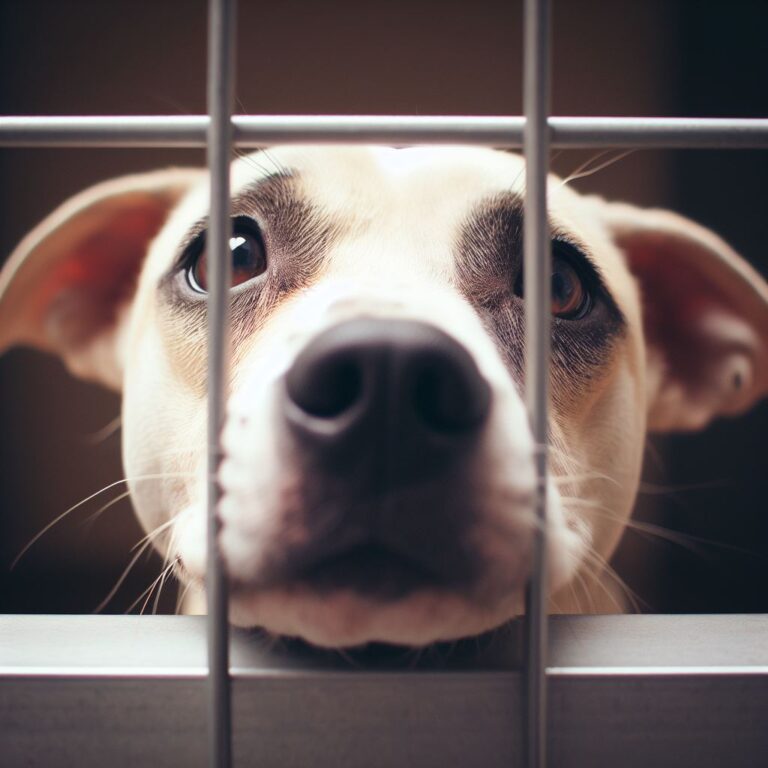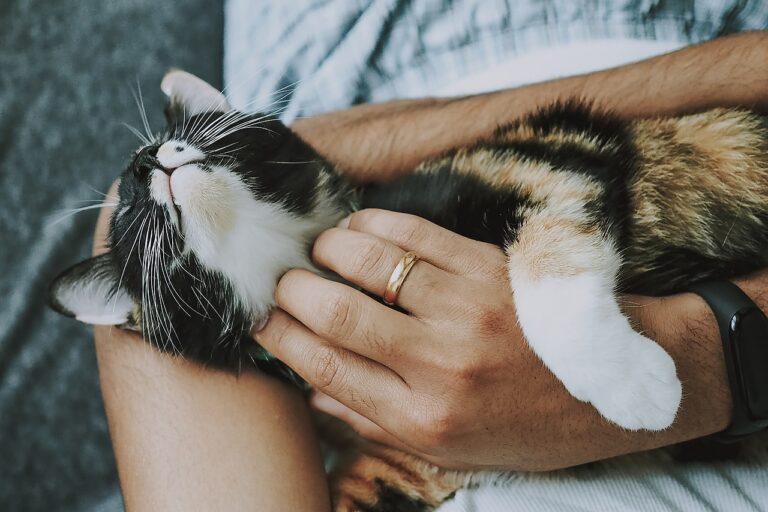The Bond Between Pets and Mental Health: A Powerful Connection
Presentation
The human-creature bond is a peculiarity that has existed for millennia. Pets have for quite some time been our friends, giving us love, solace, and steady steadfastness. Past the delight they bring into our lives, there is a significant association among pets and emotional wellness. This connection among people and creatures has been displayed to surprisingly affect profound prosperity, offering comfort, decreasing pressure, and in any event, supporting the treatment of emotional wellness problems. In this exhaustive article, we will investigate the diverse connection among pets and emotional wellness, revealing insight into the science behind it, the remedial advantages, and the obligations of pet proprietorship in advancing mental prosperity.
Segment 1: The Science Behind the Bond
1.1 Developmental Roots:
The connection among people and creatures has profound developmental roots. Our predecessors probably framed collusions with specific creatures, like canines, for hunting and insurance. Over the long haul, these collusions developed into the close to home bonds we share with pets today.
1.2 Oxytocin Association:
Studies have demonstrated the way that communications with pets can expand the arrival of oxytocin, frequently alluded to as the “adoration chemical” or “holding chemical.” Oxytocin is related with social holding, trust, and diminished pressure.
1.3 Pressure Decrease:
The simple presence of a pet has been connected to decreased feelings of anxiety. Petting, snuggling, or essentially being around a dearest pet can set off the arrival of endorphins, the body’s normal pressure relievers.
Area 2: The Remedial Advantages of Pets
2.1 Everyday encouragement:
Pets offer unfaltering close to home help. They are non-critical and offer unqualified love, making them important sidekicks during seasons of pity, forlornness, or stress.
2.2 Pressure Decrease and Tension Alleviation:
Connecting with pets, especially through exercises like petting or playing, has been displayed to bring down feelings of anxiety and decrease uneasiness. This impact can be particularly valuable for people with uneasiness problems.
2.3 Sadness and Temperament Improvement:
For those battling with sadness, the presence of a pet can offer inspiration to get up, take strolls, and participate in everyday exercises. The friendship of a pet can essentially further develop state of mind and inspiration.
2.4 Social Cooperation:
Pets support social cooperation. Canine proprietors, for instance, frequently participate in discussions with other canine proprietors during strolls, cultivating a feeling of local area and decreasing sensations of seclusion.
2.5 Feeling of Direction:
Really focusing on a pet gives a feeling of motivation and schedule. Knowing that a pet depends on their proprietor for food, haven, and cherish can propel people to deal with themselves too.
2.6 Treatment and Help Creatures:
Prepared treatment and help creatures are utilized in different remedial settings. They help people with physical and profound handicaps, giving solace and backing in testing conditions.
Area 3: Pets and Emotional well-being Conditions
3.1 Uneasiness Issues:
Pets can be especially useful for people with tension problems. Their quieting presence, friendship, and material feeling (e.g., petting) can diminish uneasiness side effects.
3.2 Gloom:
Pets can mitigate side effects of gloom by giving friendship and empowering active work. The daily schedule of really focusing on a pet can likewise offer a feeling of construction and reason.
3.3 Post-Horrendous Pressure Problem (PTSD):
Administration canines and basic encouragement creatures are progressively used to help people with PTSD. They offer solace, assist with day to day undertakings, and give a conviction that all is good.
3.4 Mental imbalance Range Issue (ASD):
Creatures, particularly canines, can assist kids with mental imbalance foster social and relational abilities. The presence of a pet can make a harmless, tangible rich climate.
3.5 Alzheimer’s Infection and Dementia:
Pets can give pleasure and solace to people with Alzheimer’s infection and dementia. The recognizable presence of a pet can assist with decreasing disturbance and further develop state of mind.
Area 4: Obligations of Pet Proprietorship
4.1 Contemplations Prior to Possessing a Pet:
Possessing a pet is a huge responsibility. People ought to think about their way of life, day to day environment, and assets prior to bringing a pet into their home.
4.2 Appropriate Consideration and Consideration:
Giving appropriate consideration and thoughtfulness regarding pets is fundamental for keeping up with the positive effect on emotional wellness. Normal activity, adjusted sustenance, and routine veterinary consideration are significant.
4.3 Preparation and Socialization:
Appropriate preparation and socialization are fundamental to guarantee that pets can be respectful and agreeable in different circumstances.
4.4 Monetary Obligation:
Pet possession accompanies monetary obligations, including food, prepping, veterinary consideration, and startling clinical costs.
4.5 Long haul Responsibility:
Pet possession is a drawn out responsibility, frequently crossing north of 10 years or more. People ought to be ready for the obligations related with their pet’s whole life expectancy.
Segment 5: End
The connection among pets and emotional well-being is a strong and endearing association. The friendship, love, and daily reassurance that pets give can have a huge effect in the existences of their proprietors, especially those managing psychological wellness challenges. Notwithstanding, it is fundamental to recollect that pet possession is an obligation that requires cautious thought and responsibility. When drawn closer with commitment and care, the connection among pets and their proprietors can be a wellspring of solace, mending, and getting through joy, advancing mental prosperity for all included.




